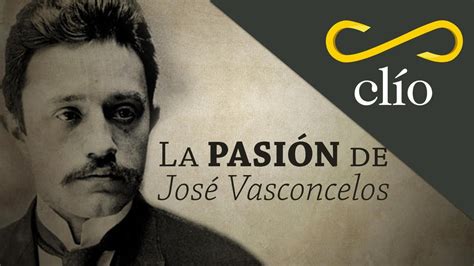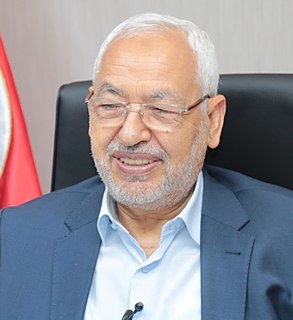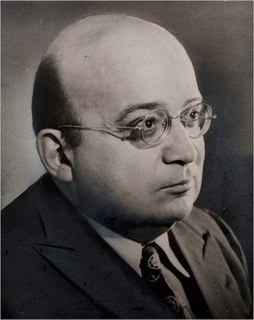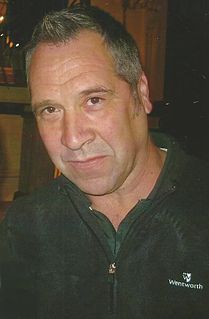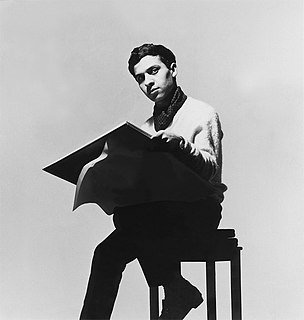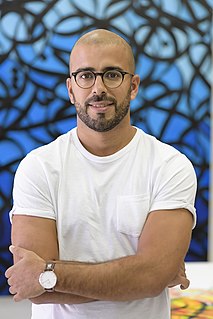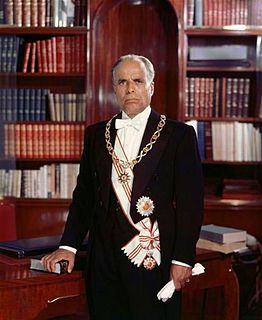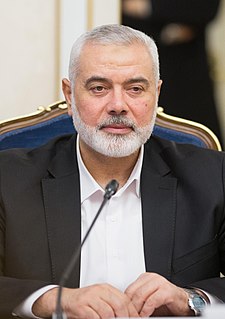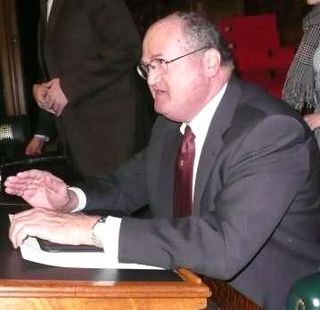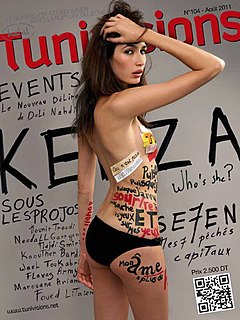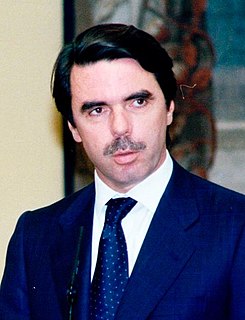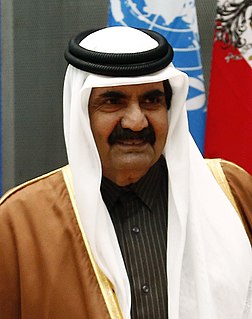Top 71 Tunisia Quotes & Sayings
Explore popular Tunisia quotes.
Last updated on April 14, 2025.
Tunisia's responsibility, and especially that of its political and intellectual elites, is enormous. All the protagonists of the nation's social, cultural, economic and political life must work to overcome useless and counterproductive polarisation, and to find solutions to domestic, regional and international problems.
I've always maintained there is no incompatibility between Islam and democracy. The Europeans in general confuse Islam and Islamism. Islamism is a political movement that instrumentalises the religion to get to power, which has nothing to do with religion. Islam here in Tunisia is a religion of openness, of tolerance.
If you look at the list of the top wheat importers for 2010, almost half of them are Middle Eastern regimes: Egypt, Algeria, Iraq, Morocco, Yemen, Saudi Arabia, Libya, and Tunisia. Egypt is the number-one importer of wheat in the entire world. Tunisia leads the entire world in per capita wheat consumption. So it's no wonder that the revolutions began with Tunisians waving baguettes in the streets and Egyptians wearing helmets made of bread.
In Tunisia the Americans had to pay a stiff price for their experience, but it brought rich dividends. Even at that time, the American generals showed themselves to be very advanced in the tactical handling of their forces, although we had to wait until the Patton Army in France to see the most astonishing achievements in mobile warfare.
You can understand Tunisia revolution as a failure to censor the internet. And Libya had that failure too. It's very difficult for governments that are autocratic and don't have broad popular support to be in power when a lot of people have these devices. That was what Arab Spring was about, that people could express this and lead to revolution.
I see encouraging signs of democracy developing in other places in the Middle East. In Tunisia, in Iraq, and now in Egypt. Tunisia is the one Muslim country that does something for girls and education. As far as I know, this is the only Muslim country where this is true. There is compulsory education for girls from the age of 5.
Even after the whole democratization process, it's quite clear that the United States are not seen in a positive way in all the Muslim-majority countries - in Egypt, in Libya, even in Tunisia - even though we have now a kind of trying to be recognized as democrats by the Islamists who are running, you know, Tunisia and Egypt. But the popular sentiment is very, very negative.
Drafting of the constitutions is interesting and the discussions around them revealing in many ways. I take it as a discussion of very important symbols revealing many different problems. My take at the beginning was to warn that Tunisia might be the only successful country, the only one to justify us in talking about the spring, while all the other countries were less successful, if not failing. Now the point is that even in Tunisia it is not going to be easy, and this is where we have a problem.
Some socialist movements in Egypt, Tunisia and Bahrain, for instance, were genuine. I was making films about the so-called Arab Spring, and I'm well aware of how complex the situation really was. But it goes without saying is that the West immediately infiltrated and 'derailed' the revolutions, turning them into what you have described.

